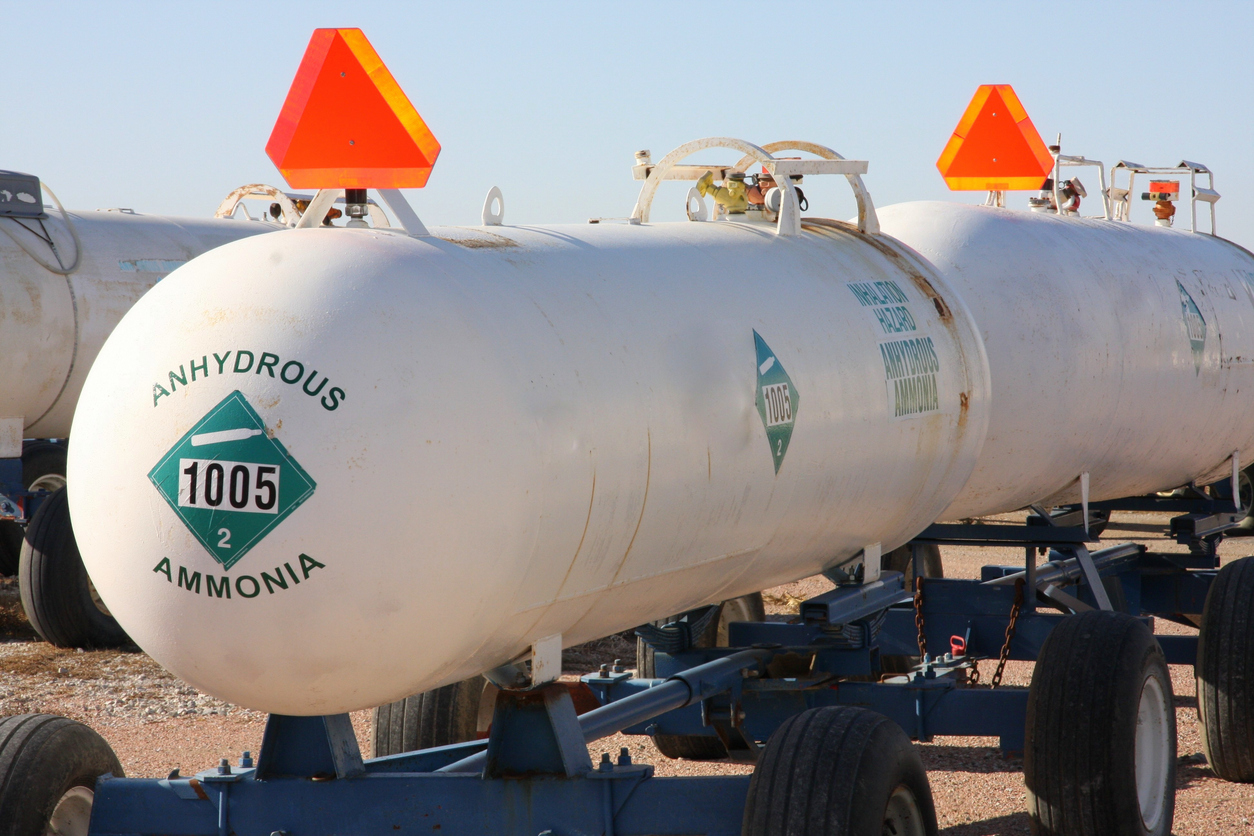How to Register a Sole Proprietorship Business in Ghana
How to Register a Sole Proprietorship Business in Ghana
Starting a business is an expensive and time-consuming process in any country. The procedures, regulations and red tape involved in starting a business can make or break a venture. The high cost and uncertainty involved in starting a business in Ghana is one of the reasons why many entrepreneurs shy away from getting their own business ideas off the ground.
Even though starting a business in Ghana might seem daunting, it does not mean that you should never begin. With a little research and planning, you can set up your own business with very little capital and almost no experience. To get you started, here is a list of the steps you need to take to register a sole proprietorship business in Ghana.
Research Your Market
The first step in starting any business is to research your market. This will give you a better understanding of what your product or service is and how it will fit in. You will also know if there is a demand for it or not. If people are not interested in what you are offering, then you have no business trying to offer it to them.
Choose the Business Structure That Suits You Best
In Ghana, there are many different business structures to choose from. The most common business structure in the country is a sole proprietorship. This is the simplest business structure, consisting of a sole proprietor who owns all the shares, assets, and liabilities of the business.
If you are looking to start a small business, a sole proprietorship is probably the structure you want to go with. This business structure is recognized by the government and requires very little paperwork to start up and operate. Additionally, this type of business does not require a business license, a business certificate, or a business license.
However, a sole proprietorship is not the best business structure for all situations. If you are planning on hiring employees or growing your business, you will want to consider looking into other business structures.
Get a Business Registration Number
In order to legally operate a business in Ghana, you first need to get a business registration number. This is a unique nine-digit number that identifies your business in the Ghanaian economy.
You can get a business registration number through your local town hall or city hall. Typically, these are government offices that provide various commercial services, such as applying for a business license, getting an employer identification number, or getting a VAT number.
Get a Registered Agent
After you have your business registration number, you need to get a registered agent. A registered agent is someone or something that acts as a proxy for your business. This means that when someone wants information about your business, they will have the registered agent’s name and address.
A registered agent is not required by law to be involved in your business, but it is a good idea to have one. Having a registered agent will make it easier to get credit when you need it, assist with marketing your business, and increase your business’ visibility.
Some good registered agents to choose from in Ghana would be a local lawyer or an accountant. It is best to choose a registered agent that is local to your area, as it will make it easier for you to conduct business with them.
Write a Business Plan
After you have your ducks in a row, you can start to think about growing your business. By developing a business plan, you can highlight to lenders and investors the advantages of investing in your company. This business plan will help you to outline the goals and the strategy you will use to achieve them.
A business plan is not a legal document, but it is a good guideline for thinking through your business operations and strategies. Your business plan should be no longer than one page, and should include:
- A one- to two-paragraph overview of the product or service you will be offering
- A one- to two-paragraph overview of the market you will be serving
- The number of years you believe it will take for you to achieve your goals
- A budget for the first year of operation
- The sources of financing you will be using
- The names and contact information of your key personnel
Attract Investment
Once you have your business structure and your business plan in place, you are ready to start looking for funds. The easiest way to do this is to approach investors that you know. You can also look online for funding sources.
When looking for investors, it is best to go with people that you know. This will make it easier for you to land the funding you are looking for, as well as let your friends and family know about your business. However, keep in mind that it is best to approach investors that you do not know, as well.
You can find investors by:
- Going to business development centers (BDCs)
- Going to business incubators
- Finding investors online
Conclusion
In conclusion, starting a business in Ghana is not as daunting as it seems. With a little research and planning, you can set up your own business with very little capital and almost no experience. To get you started, here is a list of the steps you need to take to register a sole proprietorship business in Ghana.








LEAVE A COMMENT
You must be logged in to post a comment.